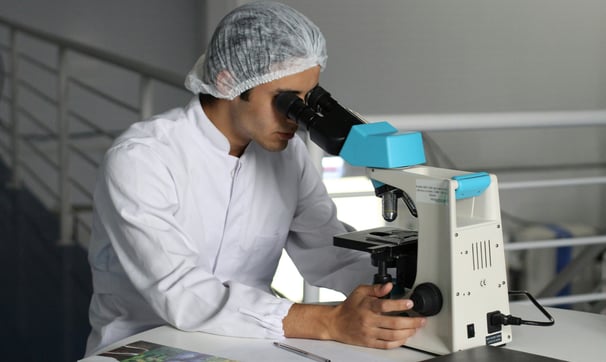Unveiling the Reality of Incidental Cancer Diagnoses: How Common Are They?
GENERAL HEALTH


In the realm of healthcare, the discovery of cancer can often be an unexpected twist in an individual’s medical journey. Imagine going in for treatment for one condition, only to be confronted with the daunting reality of cancer during the process. This scenario, known as an incidental diagnosis, is more prevalent than one might assume. Let’s delve into the intricacies of incidental cancer diagnoses and unravel the prevalence, implications, and challenges associated with them.
Understanding Incidental Cancer Diagnoses
An incidental cancer diagnosis occurs when cancer is detected during the course of medical care for an unrelated issue. Recently, the public was made aware of King’s incidental cancer diagnosis, which was discovered during treatment for an enlarged prostate. This revelation sheds light on the broader landscape of cancer diagnoses that occur serendipitously.
The Surprising Prevalence
Contrary to popular belief, incidental cancer diagnoses are not rare occurrences. According to analysis by Macmillan Cancer Support based on NHS data, approximately one in five cancer cases is diagnosed incidentally. This statistic underscores the significance of remaining vigilant and proactive in healthcare, even when addressing seemingly unrelated medical concerns.
Timeliness of Treatment
One might assume that incidental diagnoses lead to prompt initiation of treatment. However, the reality often paints a different picture. While King’s swift transition to cancer treatment made headlines, the NHS statistics reveal a concerning trend. A significant portion of patients, including those diagnosed incidentally, face delays in commencing treatment.
Challenges and Bottlenecks
Several factors contribute to the delays in cancer treatment initiation. A notable bottleneck is the scarcity of diagnostic testing equipment within the NHS. The deficiency in resources exacerbates the already strained healthcare system, leading to prolonged waiting times for patients awaiting cancer diagnosis and treatment.
Double Burden for Patients
Individuals diagnosed incidentally with cancer bear a unique burden. Not only do they navigate the uncertainties of their newfound diagnosis, but they also contend with the challenges of lengthy waiting periods for essential tests and treatments. The backlog in general hospital waiting lists further compounds their ordeal, amplifying stress and anxiety.
Advocating for Change
The plight of patients diagnosed incidentally underscores the urgent need for systemic improvements within the healthcare infrastructure. Adequate investment in diagnostic technology, bolstering healthcare workforce, and streamlining patient pathways are imperative steps towards mitigating delays and ensuring timely access to cancer care.
The prevalence of incidental cancer diagnoses serves as a poignant reminder of the unpredictable nature of healthcare journeys. While advancements in medical technology have facilitated earlier detection, systemic challenges continue to impede timely access to cancer treatment for many individuals. Addressing these challenges demands collaborative efforts from policymakers, healthcare providers, and stakeholders to uphold the fundamental right to timely and equitable healthcare access.
